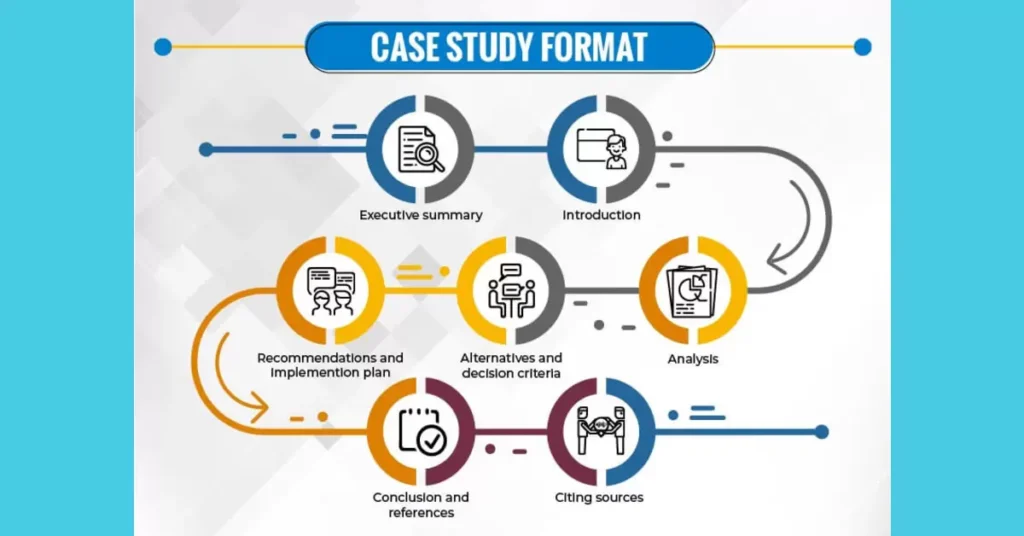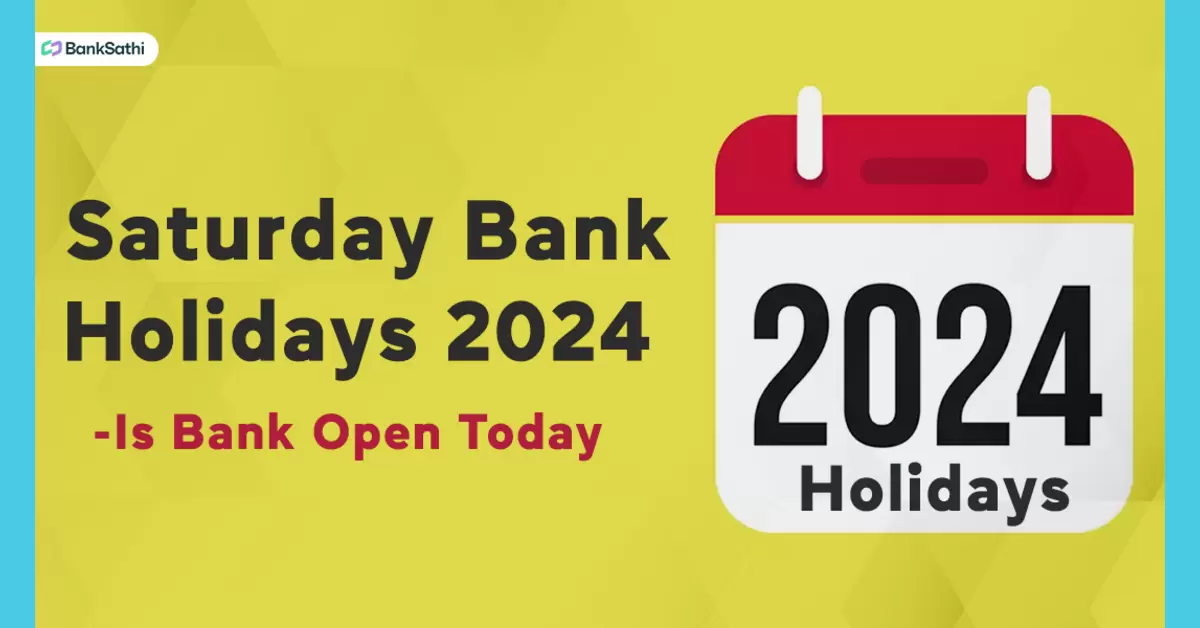As the world around us moves at a breakneck pace, our reliance on financial institutions and seamless access to banking services has become paramount. However, amidst the hustle and bustle of modern life, it’s easy to overlook the intricate schedules that govern bank branch operations.
From federal bank holidays to state-specific observances and weekend hours, staying informed about operating hours can mean the difference between a smooth transaction and a frustrating encounter with locked doors.
In this comprehensive guide, we’ll delve deep into the nuances of bank holidays, business days, and everything in between, empowering you to navigate the complex world of banking schedules with confidence. So, buckle up and get ready to become a true connoisseur of bank operating hours!
Federal Bank Holidays 2024: Marking Your Calendar
The United States observes several federal bank holidays throughout the year, during which most financial institutions remain closed. These nationwide closures are designed to honor significant events and allow employees a well-deserved break. Here’s a rundown of the federal bank holidays you can expect in 2024:
- New Year’s Day (January 1)
- Martin Luther King Jr. Day (Third Monday of January)
- Presidents’ Day (Third Monday of February)
- Memorial Day (Last Monday of May)
- Juneteenth (June 19)
- Independence Day (July 4)
- Labor Day (First Monday of September)
- Columbus Day (Second Monday of October)
- Veterans Day (November 11)
- Thanksgiving Day (Fourth Thursday of November)
- Christmas Day (December 25)
It’s worth noting that when a federal holiday falls on a weekend, the observance is typically shifted to the nearest weekday. For instance, if Christmas falls on a Sunday, most banks will be closed on the preceding Friday or the following Monday.
Understanding the Impact of “Federal Holiday” on Banking Operations
You might be wondering, “What exactly does a ‘federal holiday’ mean for banks?” Well, let’s break it down:
Federal holidays are days when most financial institutions, including banks, credit unions, and the Federal Reserve, remain closed nationwide. This closure applies not only to physical bank branches but also to online banking services, mobile apps, and other digital platforms.
However, it’s crucial to remember that not all banks adhere to the same schedule. Some smaller, local banks or credit unions may opt to stay open on certain federal holidays, while larger national banks tend to follow the standard closures more strictly.
Case Study: A Tale of Two Banks

To illustrate this point, let’s consider the contrasting approaches of two banks during the 2023 Thanksgiving holiday:
“I had a pressing financial matter to attend to on Black Friday last year,” recalls Sarah, a customer of a regional bank. “To my surprise, the branch near me was open, and I was able to complete my transaction without any hiccups. The staff explained that they aim to provide continuous service to their customers, even on some federal holidays.”
On the other hand, John, a customer of a major national bank, shared a different experience:
“I tried to visit my bank on Black Friday, but the doors were locked, and a sign informed me that they were closed for the federal holiday. I had to postpone my transaction until the following Monday, which was quite inconvenient.”
As you can see, the approach to federal bank holidays can vary, highlighting the importance of checking with your specific financial institution to avoid any surprises.
State Holidays: A Mosaic of Local Observances
In addition to federal holidays, various states across the nation observe their own unique bank holidays and commemorative days. While these state-specific holidays may not impact bank operating hours nationwide, they can significantly affect local bank branch schedules.
For instance, some states celebrate holidays like:
- Good Friday (Friday before Easter Sunday)
- Confederate Memorial Day (Observed in several Southern states)
- Cesar Chavez Day (Celebrated in several states on March 31)
- Emancipation Day (Observed in certain states, such as Texas and Washington, D.C.)
The observance of these state bank holidays can lead to closures or modified operating hours for financial institutions within that particular state. As a result, it’s always wise to check with your local bank branch or consult their website to avoid any surprises when planning your banking activities.
Regional Differences: A Closer Look
Let’s take a closer look at how state bank holidays can impact operating hours in different regions:
In the state of Texas, for example, Emancipation Day (also known as Juneteenth) is observed on June 19th. Many banks in Texas close their physical locations on this day to commemorate the end of slavery in the state.
On the other hand, in Hawaii, bank branches may have modified operating hours or closures on holidays like Prince Jonah Kuhio Kalanianaole Day (March 26) or King Kamehameha I Day (June 11), which are unique to the state’s cultural heritage.
These regional differences serve as a reminder that staying informed about local observances is crucial when navigating bank operating hours, especially if you frequently travel or conduct business across multiple states.
Weekends: A Mixed Bag for Bank Hours

Weekends can be a tricky time for those in need of banking services. While most major financial institutions are closed on Sundays, many offer Saturday banking hours for the convenience of their customers. However, these Saturday hours are often limited compared to regular weekday schedules.
It’s worth noting that some smaller, community banks and credit unions may choose to remain open on Sundays to cater to the needs of their customer base. Additionally, certain regions or areas with significant weekend business activity may have bank branches that operate on Sundays to accommodate local demand.
Weekend Warriors: Banks That Go the Extra Mile
To illustrate the diversity of weekend bank operating hours, let’s take a look at a few examples:
- Chase Bank: Many Chase branches are open on Saturdays from 9 AM to 1 PM, but closed on Sundays.
- Wells Fargo: Select Wells Fargo locations offer Saturday banking hours from 9 AM to 12 PM, with a handful of branches open on Sundays as well.
- Bank of America: Most Bank of America branches are open on Saturdays from 9 AM to 12 PM, but closed on Sundays.
- PNC Bank: PNC offers Saturday banking hours from 9 AM to 1 PM at many locations, with some branches open on Sundays from 11 AM to 3 PM.
As you can see, the availability of weekend banking hours can vary considerably among different financial institutions and even within the same bank’s network of branches. It’s always a good idea to check your specific branch’s schedule or consult the bank’s website or mobile app for the most up-to-date information.
The Confusing World of “Bank Holidays”
Now, let’s address the elephant in the room – the often-confusing term “bank holiday.” Contrary to popular belief, “bank holidays” do not necessarily refer to days when banks are closed. In fact, the term can be quite misleading and has led to many misunderstandings among banking customers.
Historically, “bank holidays” were designated as business days when banks and financial institutions remained open, but the stock markets and many other businesses closed their doors. This peculiar naming convention dates back to the 19th century when the Bank Holidays Act was introduced in the United Kingdom.
To illustrate the confusion surrounding “bank holidays,” let’s use a light-hearted analogy:
Imagine ordering a “cheeseburger” at a restaurant, only to be served a plate of steamed broccoli. You’d be understandably perplexed and might wonder if the chef was playing a prank on you. Similarly, expecting banks to be closed on “bank holidays” can lead to frustration and disappointment when they’re actually open for business as usual.
While the term “bank holiday” is still widely used in some regions, such as the United Kingdom and parts of the Commonwealth, it’s important to clarify the specific meaning and implications for your local financial institutions. In many cases, these “bank holidays” are treated as regular business days for banks, adding another layer of complexity to an already intricate schedule.
The Digital Banking Revolution: Always Open for Business

In the era of digital banking, the concept of bank operating hours has taken on a whole new meaning. Thanks to the advent of online banking services, mobile apps, and other financial technology platforms, customers now enjoy remote access to their accounts and can conduct a wide range of transactions 24 hours a day, 7 days a week, from the comfort of their homes or on-the-go.
The rise of digital banking has revolutionized the way we manage our finances, offering unparalleled convenience and flexibility. No longer are we bound by the traditional constraints of physical bank branches and their operating hours.
With just a few taps on our smartphones or clicks on our computers, we can transfer funds, pay bills, and stay on top of our financial affairs, regardless of whether it’s a federal bank holiday, weekend, or the middle of the night.
Exploring the World of Digital Banking
Let’s take a closer look at some of the key features and advantages of digital banking that have transformed the banking experience:
- Online Banking Services: Most major financial institutions now offer robust online banking platforms that allow customers to access their accounts, view statements, transfer funds, and even open new accounts or apply for loans – all without ever setting foot in a physical bank branch.
- Mobile Banking Apps: The advent of smartphone banking has put powerful financial tools right at our fingertips. With mobile banking apps, you can check your account balances, deposit checks remotely, and even locate nearby ATMs or bank branches with ease.
- Automated Bill Payments and Recurring Transfers: Say goodbye to missed payments or late fees. Digital banking platforms enable you to schedule automatic payments and recurring transfers, ensuring your bills are paid on time and your finances remain organized.
- Person-to-Person (P2P) Payments: Need to split the bill with friends or send money to a family member? Many mobile banking apps and online banking services now offer seamless P2P payment options, making it easy to transfer funds securely with just a few clicks.
- Digital Account Opening: Gone are the days of filling out paperwork and visiting a bank branch to open a new account. Many financial institutions now offer online account opening and remote account creation, allowing you to sign up for new products and services entirely through digital channels.
While the convenience of digital banking is undeniable, it’s important to note that certain services or transactions may still be limited or unavailable during major bank holidays. For example, wire transfers, customer support, or account maintenance tasks may be impacted by these closures.
Alternative Banking Services: Beyond Branches and Apps
In addition to digital banking, many financial institutions offer alternative banking services to cater to customers’ needs outside of traditional bank branch hours. These options can be particularly useful during bank holidays, weekends, or other times when physical locations may be closed.
- ATM Access: While ATMs may seem like a basic banking service, their availability can be a lifesaver when bank branches are closed. Most major banks offer extensive ATM networks, allowing you to withdraw cash, check balances, and even make deposits or transfers without stepping foot inside a branch.
- Telephone Banking: For those who prefer a more personal touch, many banks offer telephone banking services, where you can speak with a customer service representative and conduct various transactions over the phone.
- Mobile Wallets and Digital Payment Solutions: Services like Apple Pay, Google Pay, and Samsung Pay have revolutionized the way we make payments. By linking your debit or credit card to these mobile wallets, you can easily make purchases, even when bank branches are closed, simply by tapping your smartphone at compatible terminals.
- Prepaid Cards and Money Transfer Services: Services like Western Union, MoneyGram, and various prepaid card options can provide convenient alternatives for transferring funds or accessing cash when traditional banking channels are unavailable.
While these alternative banking services offer added convenience, it’s important to note that some may have limitations or additional fees associated with their use. As always, it’s wise to familiarize yourself with the specific offerings and policies of your financial institution to make the most informed decisions.
Planning Ahead: Strategies for Seamless Banking
Despite the numerous options and resources available, unexpected situations or overlooked bank holidays can still catch us off guard. To ensure a smooth banking experience, it’s crucial to plan ahead and implement some practical strategies:
- Mark Important Dates: At the beginning of each year, take a few moments to mark all federal bank holidays, as well as any relevant state or local observances, on your calendar. This simple step can help you avoid scheduling time-sensitive transactions or appointments during these closures.
- Set Reminders: Leverage the power of technology and set reminders or alerts on your smartphone, computer, or digital calendar to notify you of upcoming bank holidays or modified operating hours.
- Consult Bank Resources: Many financial institutions provide detailed schedules and notifications about upcoming closures on their websites, mobile apps, or through social media channels. Make it a habit to check these resources regularly and stay informed.
- Plan for Weekends: If you anticipate needing banking services over the weekend, research the Saturday and Sunday banking hours of your local branches or explore digital banking options to ensure you can complete your transactions seamlessly.
- Communication is Key: If you have an important transaction or appointment scheduled, don’t hesitate to reach out to your bank branch or customer service representatives to confirm their availability and operating hours.
By implementing these proactive strategies and staying informed, you can minimize the inconvenience of unexpected bank closures and ensure a seamless banking experience, even during bank holidays and non-traditional operating hours.
Conclusion
In the ever-evolving landscape of financial services, navigating bank holidays and operating hours can be a daunting task. However, armed with the knowledge and strategies outlined in this comprehensive guide, you’ll be well-equipped to tackle any scheduling challenges that come your way.
Remember, while physical bank branches may adhere to specific operating hours and closures, the rise of digital banking has opened up a world of convenience and remote access to your finances.
Whether you prefer the traditional in-person banking experience or the flexibility of mobile apps and online banking services, staying informed about your financial institution’s schedule is key to achieving a seamless banking experience.

“Meet Alena Genefair, a seasoned finance expert with over five years of experience and the esteemed author behind FinanceHookup. With a wealth of knowledge in financial management, investment strategies, mortgages, and banking, Alena provides insightful perspectives to readers. Her expertise helps individuals navigate the complexities of personal finance with clarity and confidence.”



